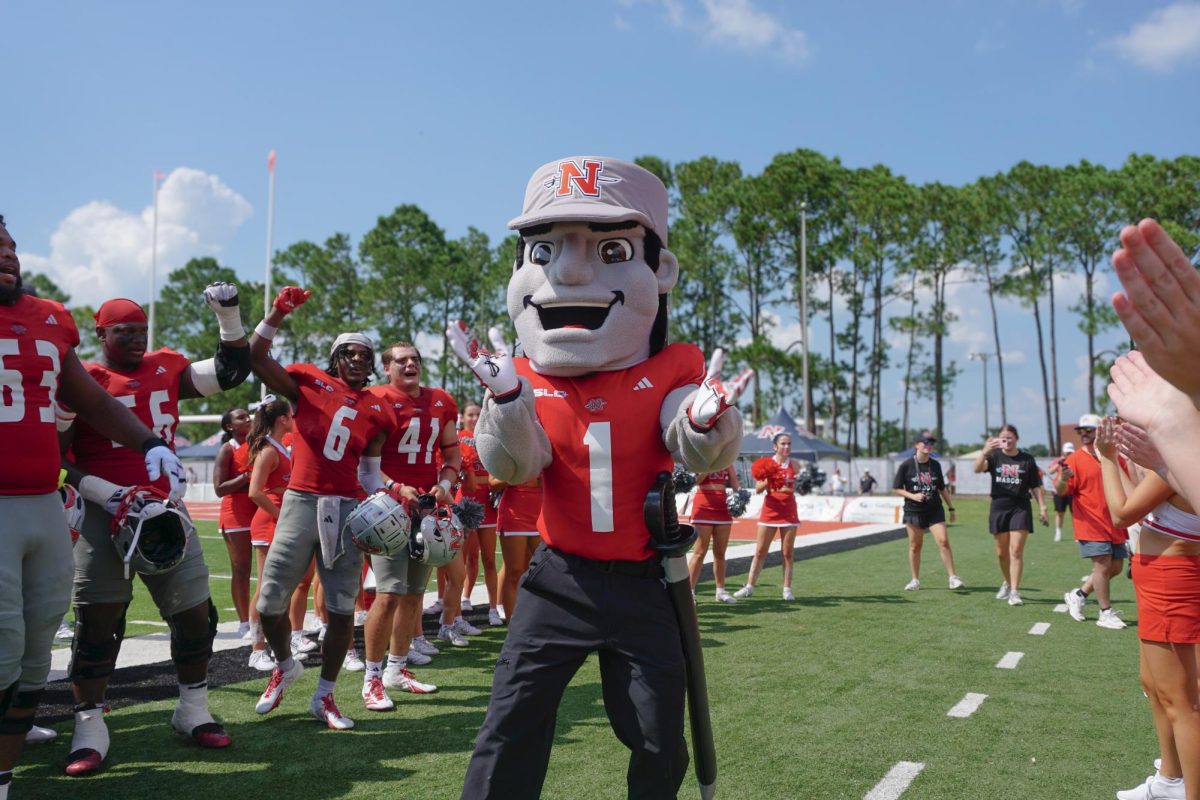In last week’s issue, the editorial reminded us of one of the most prevalent disorders among college students at semester’s end: senioritis. By collegehood, however, the problem is more widespread than the senior population, affecting all levels of underclassmen as well. Scientists believe because college students first experienced this disorder during their final year of high school, they have developed immunity against resisting it. What we tend to casually call senioritis is actually a complex syndrome of diseases. The technical name for this disorder is hypoenthusioforstudyingocaffeinodiarrheodogatemyassignmentcantgetupinthemorningwhenisthissemestergonnaenduvulomegaly.
The disorder generally affects college students at the most inopportune time of the year-when you’ve carefully paced yourself not to impress your instructor too early in the semester, when you’ve finally decided the last couple of tests are the ones to pass, when you’ve held off working on that term paper until broadcasts of Thanksgiving football games or when everything else is due because being crazy under pressure is how you work best.
Some scientists believe senioritis is a seasonal disorder because it seems to be more pervasive and more severe in winter semesters. When the hours of daylight are perturbed and when the weather gets cold, students just want to stay in bed and be cozy. Others believe the disorder is a function of autumnal allergies. Even trees and plants insure your lack of motivation by blasting their final clouds of pollen for the season to ensure drowsiness and suffering.
Others believe senioritis is emotional, particularly in the winter when students are concerned with Christmas presents, as if there were any money left after tuition, books and breathing air fees. This is particularly true for nursing students, as a few skewed keystrokes turns “anatomy.com” into “amazon.com.”
As a syndrome, senioritis is a collection of recognizable diseases or symptoms occurring simultaneously in individuals. The etiology of senioritis includes the following recognizable states:
Polycaffeinodipsia-urge to consume large volumes of caffeinated drinks, resulting in acute hypercaffeinemia and polyuria. Vampiroprofessophagia-urge to sink your canines into the lower leg of the professor who assigned an end-of-semester project.
Criabetes insipidus-sudden urge to burst out in tears in the middle of a final exam.
Dysmemorrhea–excessive outflow of words when responding to an essay exam question. Prerequile dysfunction-difficulty in a course because you can’t remember what you learned in the prerequisite.
Occulta cocacoluria-high concentration Coca-Cola’s secret ingredients in the urine.
Gerontorrhagia-progressive rage from realization that senior discounts are not for college seniors under 65 years old.
One way to fight senioritis is to take the advice of Dylan Thomas, who said it best when he nearly wrote, “Do not go gentle into that good (December)/Rage, rage against the dying of the (semester).” Alas, Thomas did not make it to his 40th December, so you should do as he nearly wrote and not as he actually lived. Get some sun, get some sleep, get some exercise, and eat white potatoes, all of which will increase your serotonin levels. You’ll be fine for the holidays and for the spring semester.








